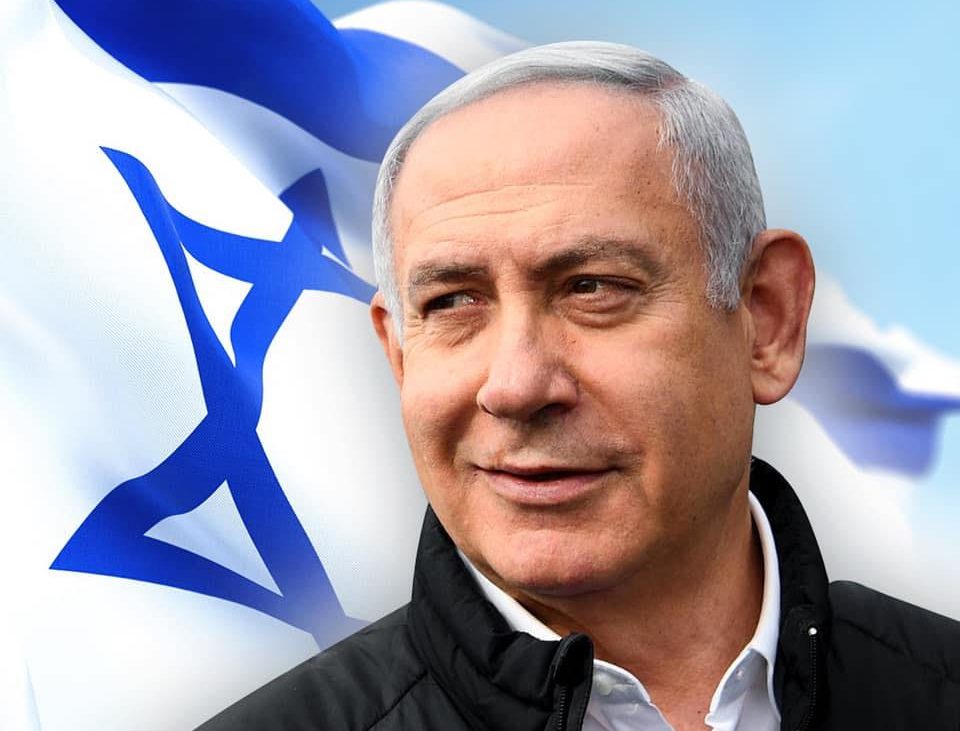Jerusalem, Aug 11: Israeli Prime Minister Benjamin Netanyahu on Sunday defended a new military offensive in Gaza that is more sweeping than previously announced, declaring in the face of growing condemnation at home and abroad that Israel “has no choice but to finish the job and complete the defeat of Hamas.”
Even as more Israelis express concern over the 22-month war, Netanyahu said the security Cabinet last week instructed the dismantling of Hamas strongholds not only in Gaza City but also in the “central camps” and Muwasi. A source familiar with the operation, who spoke on condition of anonymity because they were not authorised to talk to the media, confirmed that Israel plans it in both areas.
The camps — sheltering well over a half-million displaced people, according to the UN — had not been part of Israel’s announcement on Friday. It was not clear why, though Netanyahu faced criticism this weekend within his ruling coalition that targeting Gaza City was not enough. Netanyahu said there would be “safe zones,” but such designated areas have been bombed in the past.
Late on Sunday, heavy bombardment was reported in Gaza City. Shortly before midnight local time, broadcaster Al Jazeera said correspondent Anas al-Sharif was killed in a strike. Rami Mohanna, administrative director at the nearby Shifa Hospital, said the strike hit a tent for Al Jazeera journalists outside the hospital’s walls. Along with al-Sharif, three other journalists and a driver were killed.
Israel’s military confirmed it, asserting al-Sharif had “posed as a journalist” and alleging he was with Hamas. Al-Sharif had denied having any political affiliations. The Committee to Protect Journalists last month said it was gravely concerned for his safety and said he was a “targeted by an Israeli military smear campaign.”
Netanyahu spoke with Trump about plan
Netanyahu’s office late on Sunday said he had spoken with US President Donald Trump about the plan and thanked him for his “steadfast support.”
Rejecting starvation in Gaza as well as a “global campaign of lies,” Netanyahu spoke to foreign media just before an emergency meeting of the United Nations Security Council, a platform for outrage but little action on the war.
“Our goal is not to occupy Gaza, our goal is to free Gaza,” Netanyahu asserted. The goals, he said, include demilitarising the territory, the Israeli military having “overriding security control” and a non-Israeli civilian administration in charge.
Israel wants to increase the number of aid distribution sites in Gaza, he said, but in a later briefing to local media, he asserted, “There is no hunger. There was no hunger. There was a shortage, and there was certainly no policy of starvation.”
Netanyahu also said he has directed Israel’s military to “bring in more foreign journalists” — which would be a striking development, as they have not been allowed into Gaza beyond military embeds during the war.
He again blamed many of Gaza’s problems on the Hamas militant group, including civilian deaths, destruction and aid shortages. “Hamas still has thousands of armed terrorists,” he asserted, adding that Palestinians are “begging” to be freed from them.
Hamas responded with a lengthy statement that summed up Netanyahu’s remarks as “blatant lies.”
US defends Israel at Security Council meeting
The United States defended Israel, saying it has the right to decide what’s best for its security. It called allegations of genocide in Gaza false.
The US has veto power at the council and can block proposed actions there.
Other council members, and UN officials, expressed alarm. China called the “collective punishment” of people in Gaza unacceptable. Russia warned against a “reckless intensification of hostilities.”
“This is no longer a looming hunger crisis; this is starvation,” said Ramesh Rajasingham with the UN humanitarian office. “Humanitarian conditions are beyond horrific. We have frankly run out of words to describe it.”
Israel faces growing action even by its closest allies. Netanyahu said Chancellor Friedrich Merz of Germany had “buckled under” the growing international criticism by stopping exports of military equipment to Israel that could be used in Gaza. Merz, for his part, told public broadcaster ARD that Germany and Israel were talking “very critically” but Berlin’s overall policies of friendship have not changed.(AP)




